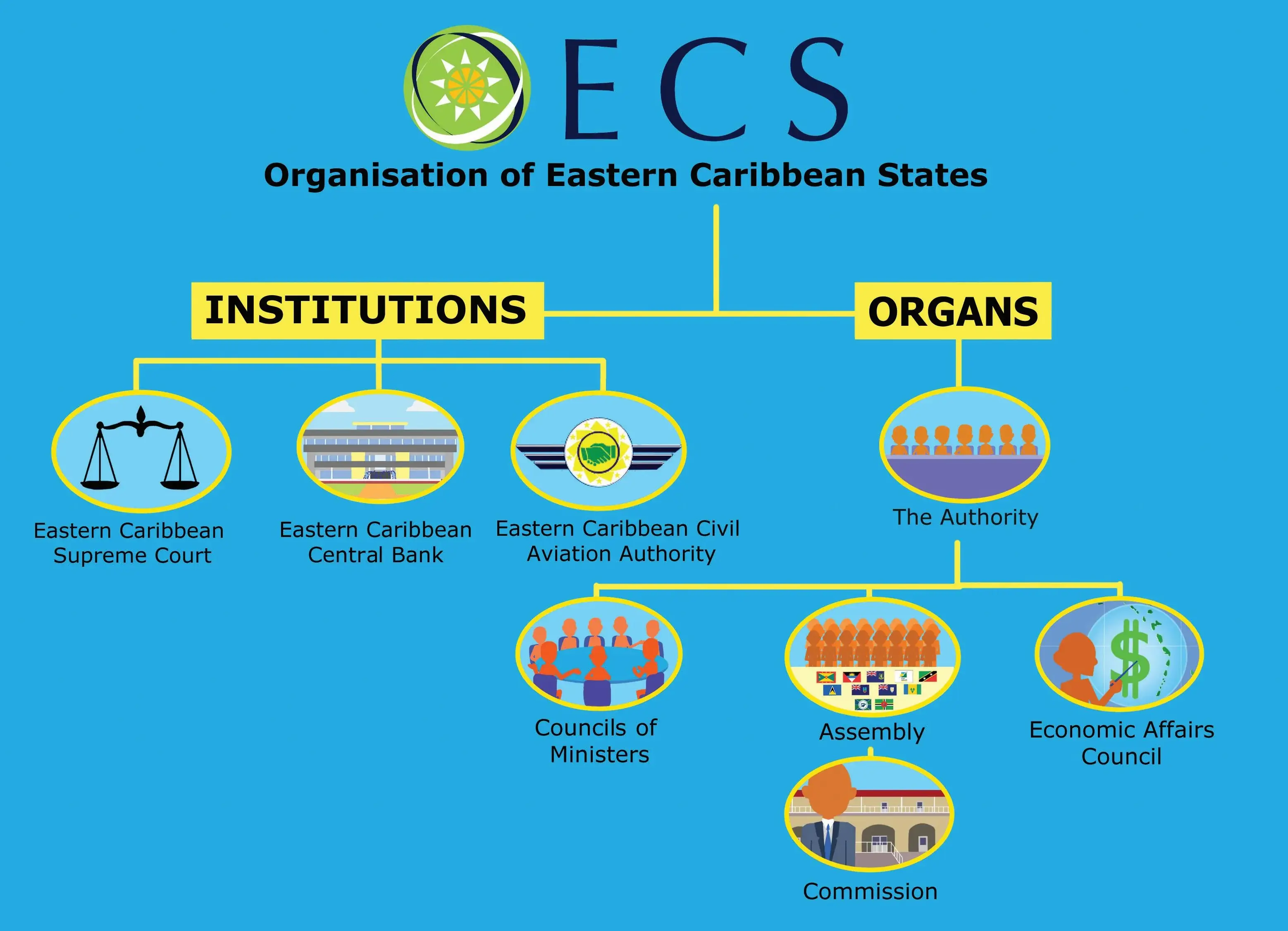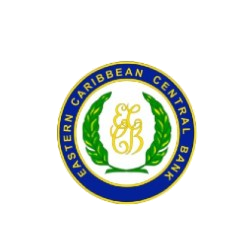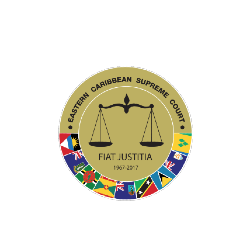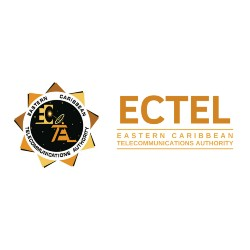Institutions of the OECS
Institutions of the OECS

In the fulfilment of the mission, Institutions of the OECS are recognised in the Revised Treaty of Basseterre referenced in Article 6.1 or designated by a unanimous decision of the OECS Authority for being an intergovernmental entity whose functions relate at least to all the full Member States reference in Article 6.2. The Institutions of the Organisation of Eastern Caribbean States (OECS) are responsible for regional cooperation and integration among the member countries.
In the fulfilment of the mission, Institutions of the OECS are recognised in the Revised Treaty of Basseterre referenced in Article 6.1 or designated by a unanimous decision of the OECS Authority for being an intergovernmental entity whose functions relate at least to all the full Member States reference in Article 6.2. The Institutions of the Organisation of Eastern Caribbean States (OECS) are responsible for regional cooperation and integration among the member countries.

The revised treaty recognises three (3) institutions in the Organisation
Eastern  Caribbean Central Bank (ECCB) is the Monetary Authority for the Eastern Caribbean countries of Anguilla, Antigua and Barbuda, Commonwealth of Dominica, Grenada, Montserrat, Saint Kitts and Nevis, Saint Lucia, and Saint Vincent and The Grenadines. The Islands share a single currency, the Eastern Caribbean Dollar ($2.70 ECD = 1 USD. The ECCB issues the Eastern Caribbean Dollar and maintains its stability and oversees the banking system in the OECS states. The Bank is governed by a Monetary Council and a Board of Directors and is managed by a Governor. Formed in 1983 and based in Saint Kitts and Nevis, it replaced the Eastern Caribbean Currency Authority.
Caribbean Central Bank (ECCB) is the Monetary Authority for the Eastern Caribbean countries of Anguilla, Antigua and Barbuda, Commonwealth of Dominica, Grenada, Montserrat, Saint Kitts and Nevis, Saint Lucia, and Saint Vincent and The Grenadines. The Islands share a single currency, the Eastern Caribbean Dollar ($2.70 ECD = 1 USD. The ECCB issues the Eastern Caribbean Dollar and maintains its stability and oversees the banking system in the OECS states. The Bank is governed by a Monetary Council and a Board of Directors and is managed by a Governor. Formed in 1983 and based in Saint Kitts and Nevis, it replaced the Eastern Caribbean Currency Authority.
The Islands share a single currency, the Eastern Caribbean Dollar ($2.70 ECD = 1 USD). The operation of the currency is overseen by the Eastern Caribbean Central Bank, the monetary authority for the seven OECS governments and the government of Anguilla (The British Virgin Islands uses the US Dollar as their de facto currency).
 Eastern Caribbean Supreme Court (ECSC) succeeds the West Indies Associated States
Eastern Caribbean Supreme Court (ECSC) succeeds the West Indies Associated States
Supreme Court which was established in 1967 by the West Indies Associated States Supreme Court Order No. 223 of 1967. It is a superior court of record for nine Member States, six independent namely, Antigua and Barbuda, Dominica, Grenada, Saint Kitts Nevis, Saint Lucia, Saint Vincent and the Grenadines and three British Overseas Territories namely, Anguilla, the British Virgin Islands and Montserrat. The Eastern Caribbean Supreme Court has unlimited jurisdiction in the Member States, in accordance with the respective Supreme Court
Acts. Section 17 of the Court's Order empowers the Chief Justice and two judges of the Supreme Court, selected by the Chief Justice, to make rules of court for regulating the practice and procedure of the Court of Appeal and the High Court. Also, National Legislation in the countries served by the Court confers rule-making authority on the Chief Justice in relation to matters outside the Court of Appeal and the High Court.
The Eastern Caribbean Supreme Court was established in 1967 by the West Indies Associated States Supreme Court Order No. 223 of 1967. It is a superior court of record for nine Member States, six independent namely, Antigua and Barbuda, Dominica, Grenada, Saint Kitts and Nevis, Saint Lucia, Saint Vincent and the Grenadines and three British Overseas Territories namely, Anguilla, the British Virgin Islands.
 Eastern Caribbean Civil Aviation Authority (ECCAA) evolved from the Directorate of Civil Aviation for the Eastern Caribbean States, which may be considered one of the oldest, if not the oldest institutions in the Eastern Caribbean region. A Director of Civil Aviation for the Windward and Leeward Islands was first appointed in 1957 by the Government of the United Kingdom and in 1968, the Directorate of Civil Aviation became an institution of the predecessor organisation to the OECS, the WISA Council of Ministers.
Eastern Caribbean Civil Aviation Authority (ECCAA) evolved from the Directorate of Civil Aviation for the Eastern Caribbean States, which may be considered one of the oldest, if not the oldest institutions in the Eastern Caribbean region. A Director of Civil Aviation for the Windward and Leeward Islands was first appointed in 1957 by the Government of the United Kingdom and in 1968, the Directorate of Civil Aviation became an institution of the predecessor organisation to the OECS, the WISA Council of Ministers.
From its inception, the Directorate was seen as a vehicle for facilitating a collective and uniform approach to Civil Aviation matters of concern to the Windward and Leeward Islands. A 1961 advertisement for the post of Director of Civil Aviation, declared the responsibilities of the post to be "to advise the Governments of the Windward and Leeward Islands on all matters relating to Civil Aviation including airfields and airport developments, the implementation of ICAO conventions and the adequacy of air services."
The dissolution of the West Indies Federation in 1962 and the reversion of the islands to their former colonial status meant that the Directorate was again exercising its functions on behalf of the UK Government.
Telecommunications
In 1998, a review of the telecommunications sector in the Member States of the OECS showed that the sector was dominated by a single company which possessed a virtual monopoly in the provision of telecommunications services. Consequently, the high prices consumers paid for these services were not based on actual costs and generated excessive profits for the company.
 The quality of the service was unsatisfactory and with outdated laws, it was difficult for new service providers to enter the market. Regulation of the sector was managed by different government departments in each country which were inadequately staffed for the tasks they needed to perform. Five members of the OECS - Dominica, Grenada, Saint Kitts and Nevis, Saint Lucia and Saint Vincent and the Grenadines decided to join together to reform their telecommunications sectors.
The quality of the service was unsatisfactory and with outdated laws, it was difficult for new service providers to enter the market. Regulation of the sector was managed by different government departments in each country which were inadequately staffed for the tasks they needed to perform. Five members of the OECS - Dominica, Grenada, Saint Kitts and Nevis, Saint Lucia and Saint Vincent and the Grenadines decided to join together to reform their telecommunications sectors.
On May 4, 2000, they signed an agreement establishing the Eastern Caribbean Telecommunications Authority (ECTEL) - a regional body empowered to provide legal and technical advice to the governments on all areas of telecommunications. ECTEL consists of a Council of Ministers, a Board of Directors and national telecommunications regulatory commissions in each Member State. The ECTEL Secretariat is based in Saint Lucia and is headed by a Managing Director. It is funded by license and spectrum fees. ECTEL is a regional organisation but not an institution of the OECS.


